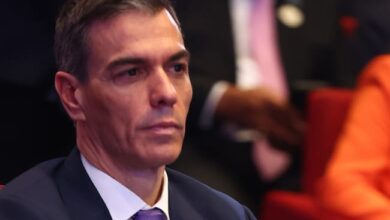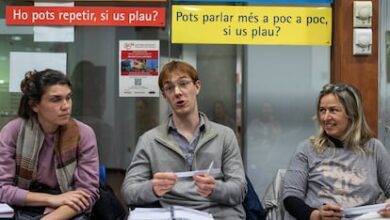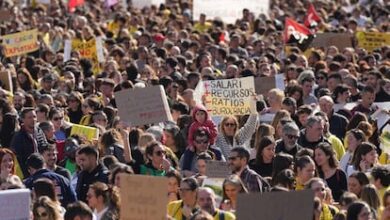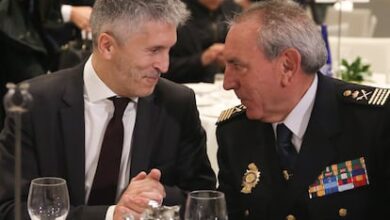
Madrid held a memorial ceremony for the victims of the civil war and dictatorship, organized to mark the third anniversary of the Democratic Memory Law. Prime Minister Pedro Sánchez spoke at the event, expressing concern about the growing number of attempts to rewrite the country’s history. He believes that actions by opposition parties, particularly the Partido Popular (PP) and the far-right Vox, are fueling sentiments that justify the dictatorship and undermine democratic values.
Sánchez pointed out a worrying trend: a significant number of Spaniards, especially young people, view the years of the authoritarian regime in a positive light. He linked this to a deliberate distortion of historical facts and a gradual fading of memory about the repressions. According to the prime minister, these attitudes are shaped by public statements and actions of politicians aiming to portray the past in a distorted manner.
During his speech, Sánchez also criticized the stance of Madrid’s regional authorities, who refused to commemorate victims of torture in one of the city’s historic buildings. He stressed that such decisions only deepen divisions in society and impede the formation of a unified perspective on the country’s tragic past.
New Steps in Memory Policy
The government has announced plans to accelerate the dissolution of organizations linked to the dictatorship’s legacy and to draft new regulations aimed at removing Francoist symbols from public spaces. Additionally, authorities intend to broaden eligibility for Spanish citizenship to include descendants of foreign volunteers who defended the Second Republic.
Laura García Lorca, a relative of the renowned poet killed during the years of repression, spoke at the ceremony. She recalled the many forms of persecution suffered by Spanish citizens and stressed the importance of preserving historical memory for future generations.
Response from society and politicians
Nearly all members of the government, as well as representatives from human rights organizations and civil society, attended the event. However, opposition leaders—including Alberto Núñez Feijóo, Madrid’s head Isabel Díaz Ayuso, and the city’s mayor José Luis Martínez-Almeida—boycotted the ceremony, as they have in previous years.
Minister for Territorial Policy and Democratic Memory Ángel Víctor Torres also voiced concern that some politicians in today’s Spain still openly support Francoist legacies or refuse to acknowledge the suffering of the regime’s victims. In his view, combating revisionism requires not only legislative action but also broad public debate.
The Spanish authorities intend to continue resisting attempts to rewrite the past, believing that only an honest discussion of tragic events can strengthen democracy and prevent the mistakes of history from being repeated.












